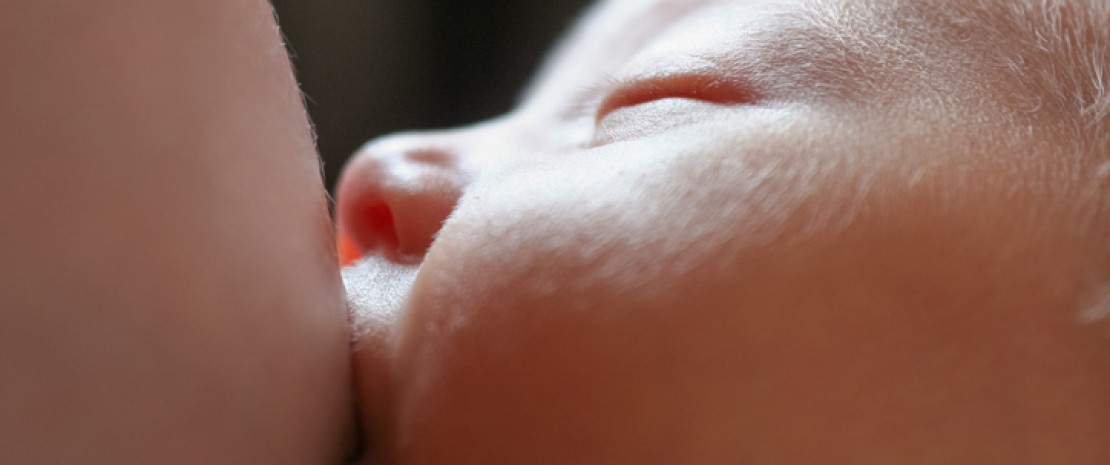Breastfeeding is a practice recommended by the World Health Organization, and even more so for premature babies. These cases are far from rare, since they account for more than 50,000 births per year in France. An Italian study confirms the benefits of breastfeeding on the intestinal and oral microbiota of these babies that are born too early. These benefits could be passed on their health, in the short or long term.
Breastfeeding and its benefits
The team focused on the link between breast milk, breastfeeding, and composition of infants’ oral and intestinal microbiotas. To that end, 16 mother-infant pairs were monitored during at least one month. Premature babies are not able to suckle milk from the breast in the first days of life. This feature allowed the scientists to understand the impact of human milk, which is different when it is received directly from the breast: breastfeeding could have an impact on the milk’s microbial composition. During the days following birth, extracted breast milk has a lesser diversity and hosts more bacteria from the Staphylococcus family. The same observation was made in donor breast milk. On the contrary, milk sampled when the babies were directly breastfed was a lot richer in “good” bacteria, although the reason is unknown.
A “balanced” microbiota
This finding could have an impact on the development of newborns’ microbiota. During their first week of life, intestinal and oral microbiomes of infants who are bottle-fed breast milk are very different from that of other newborns and are dominated by staphylococci, like their mother’s. When they are breastfed, their oral and intestinal microbiotas have a higher content of “good” bacteria. The diversity is then similar to that observed in children born full-term, breastfed by their mothers and in good health. Although breast milk is considered essential, this study suggests that actual breastfeeding is at least as important for the microbiota of premature babies, which is considered as “balanced”. This could promote the proper development of the immune system, the gastrointestinal function… or even protect these babies from severe childhood diseases.










